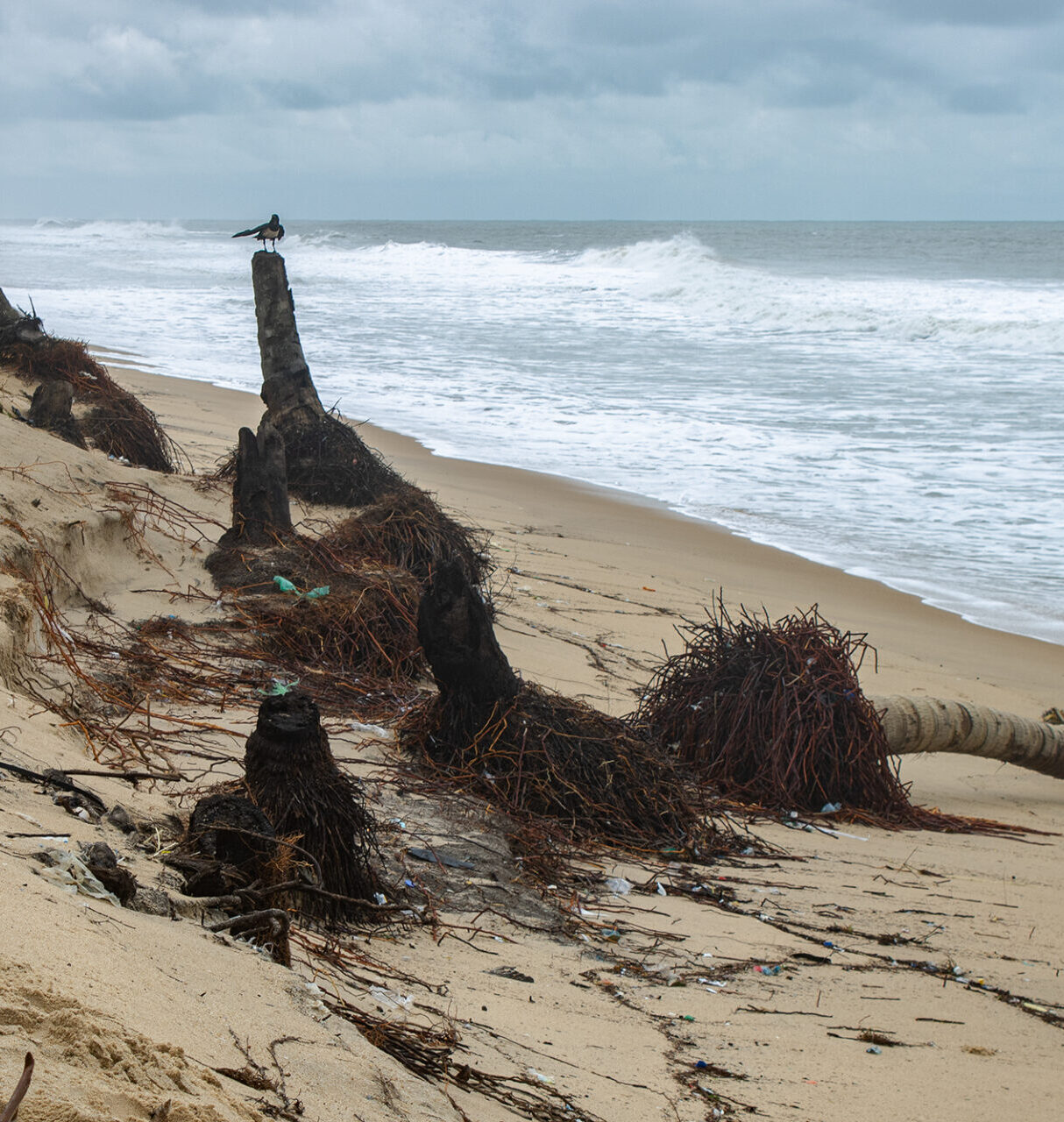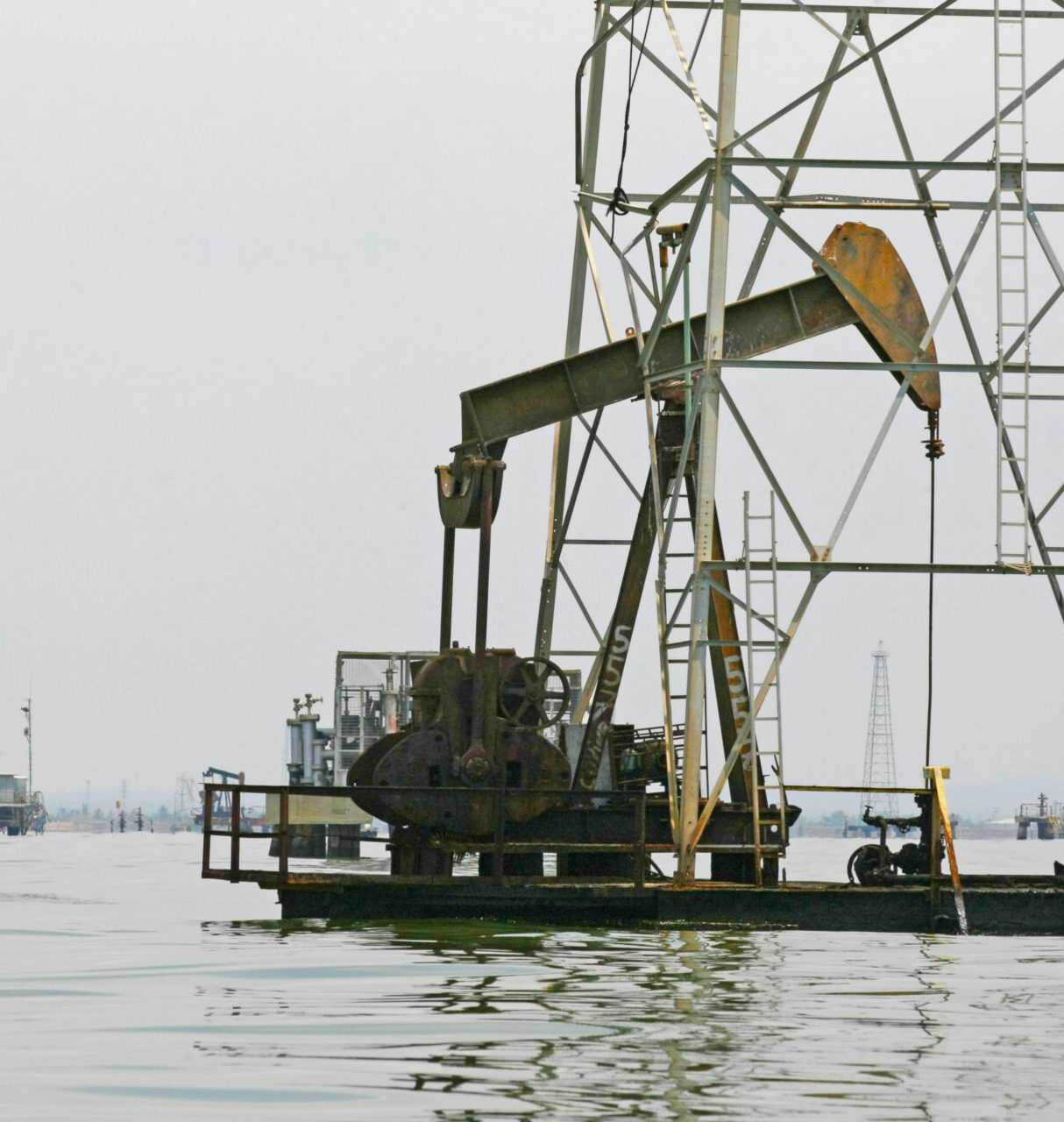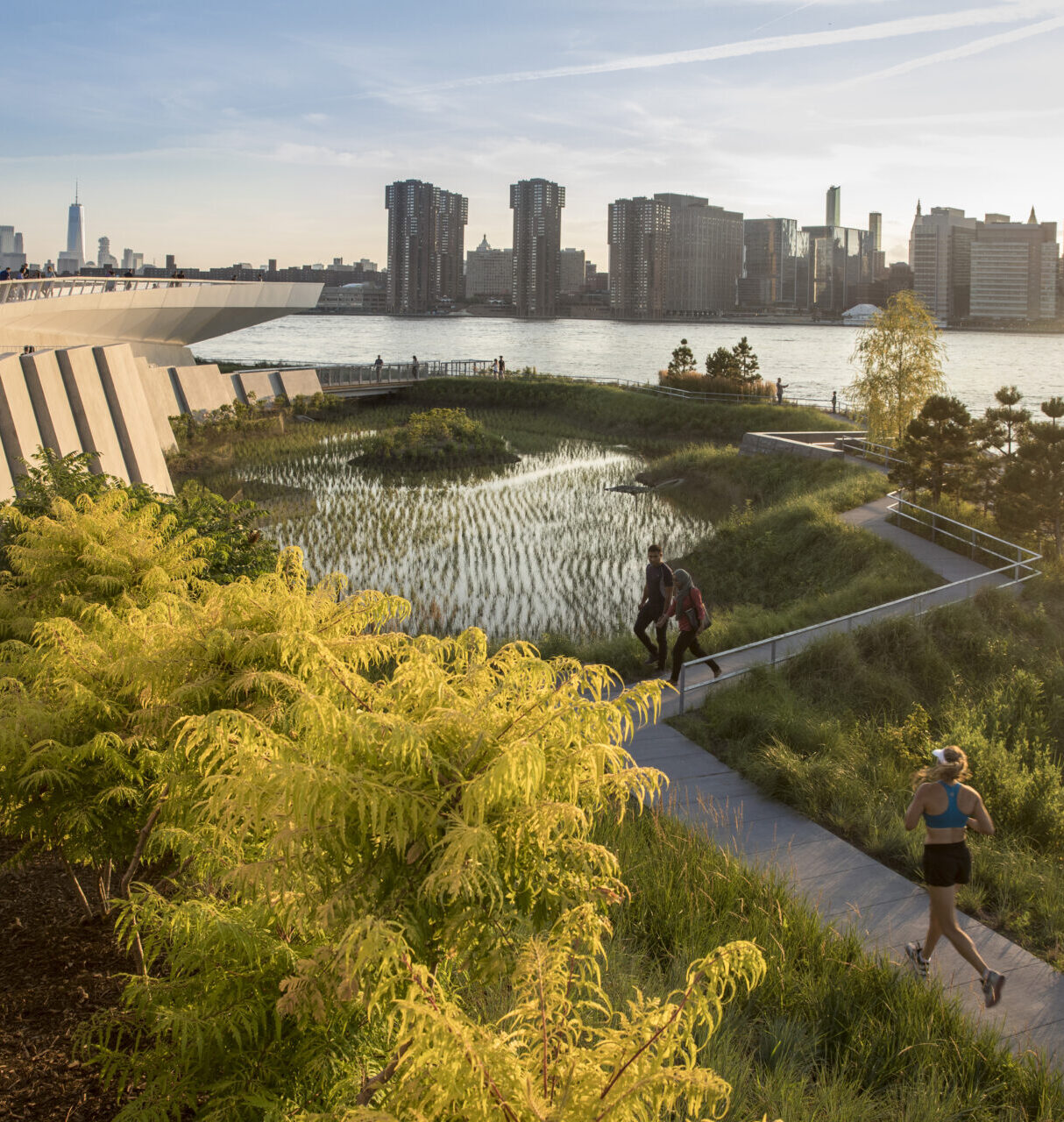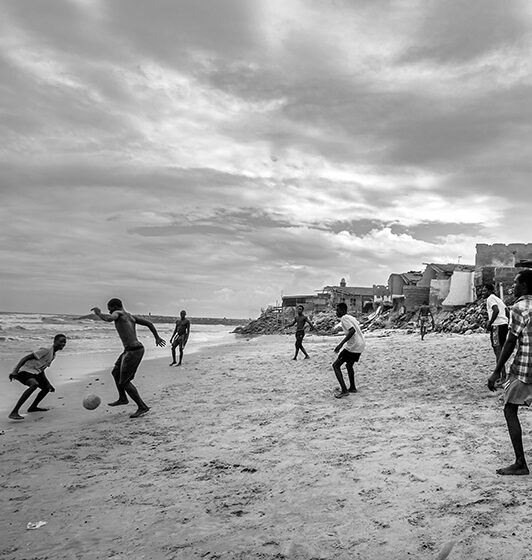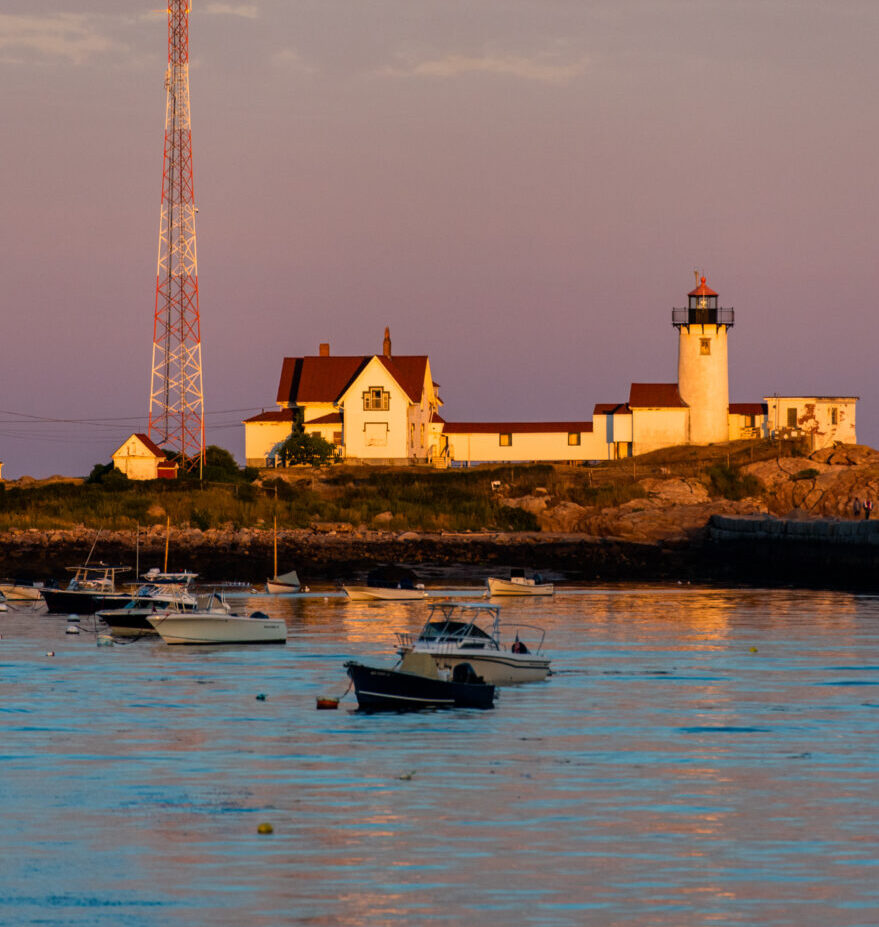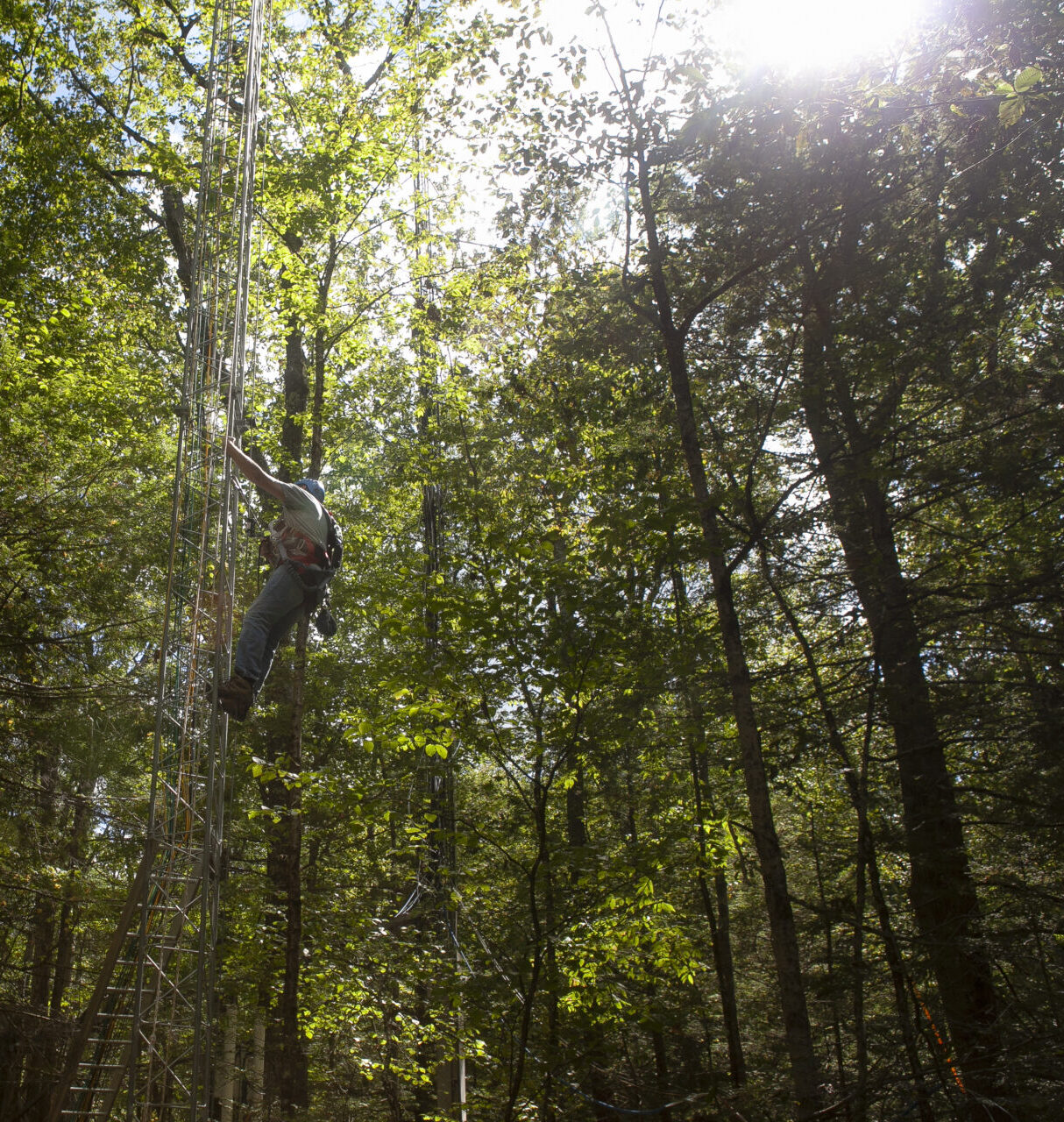IGA 260
Asia in the World - Regional Security, Integration and Ideology
What are the factors that hold Asia together, or run the risk of pulling it apart? This course examines contemporary Asia, one of the most politically and economically dynamic regions of the world, exploring how far it can be seen as one region and how complex the forces within it are.
Tue, Sep 3, 2024

